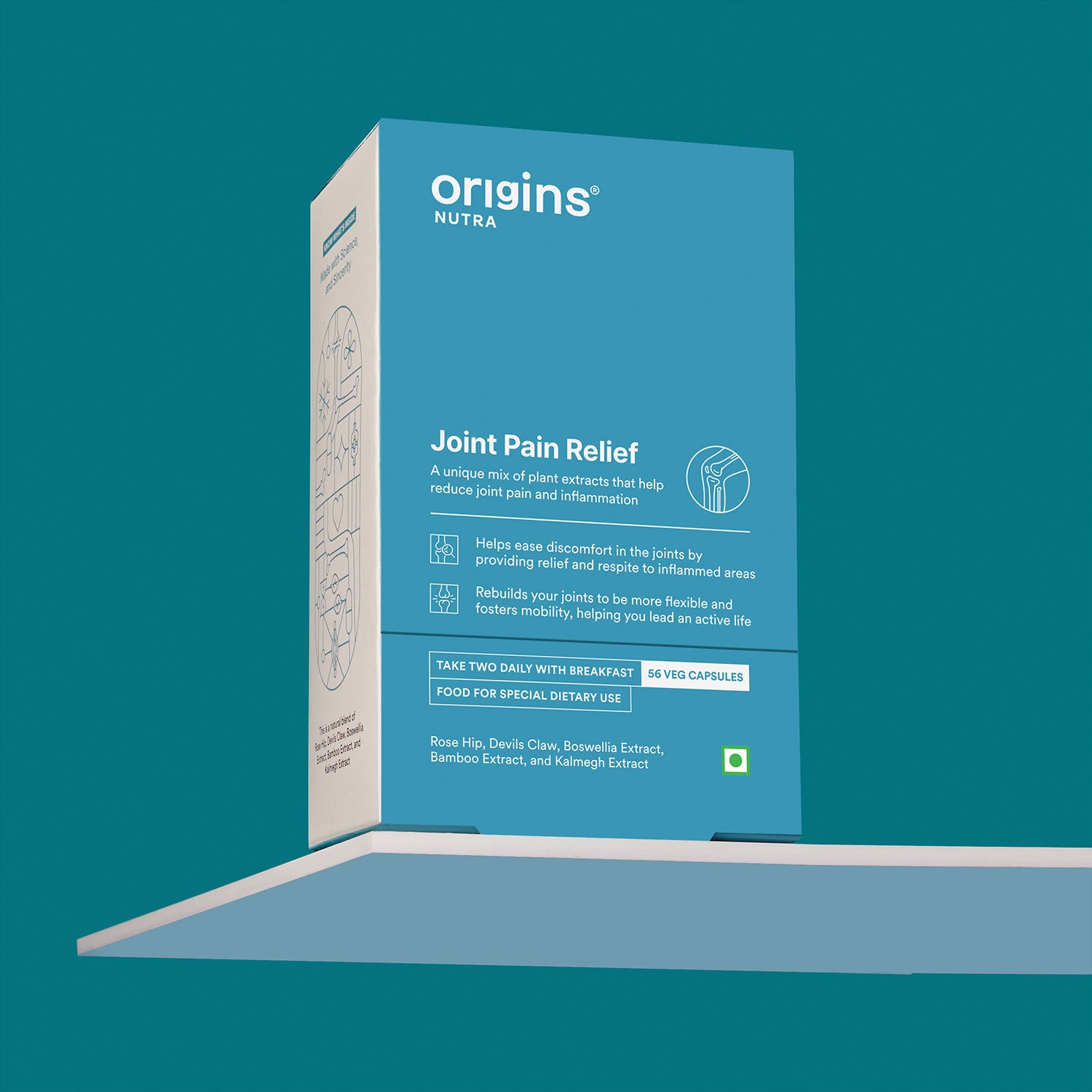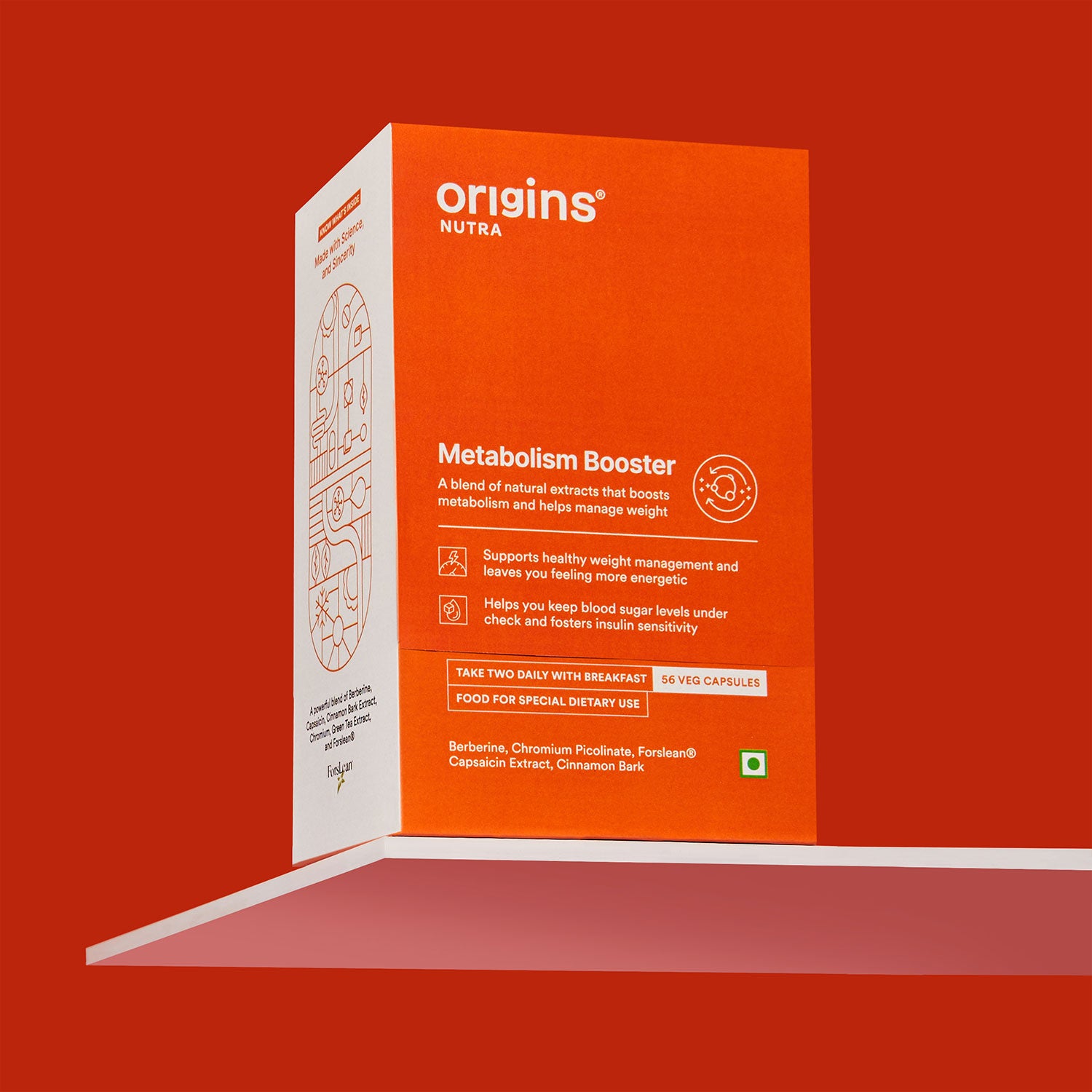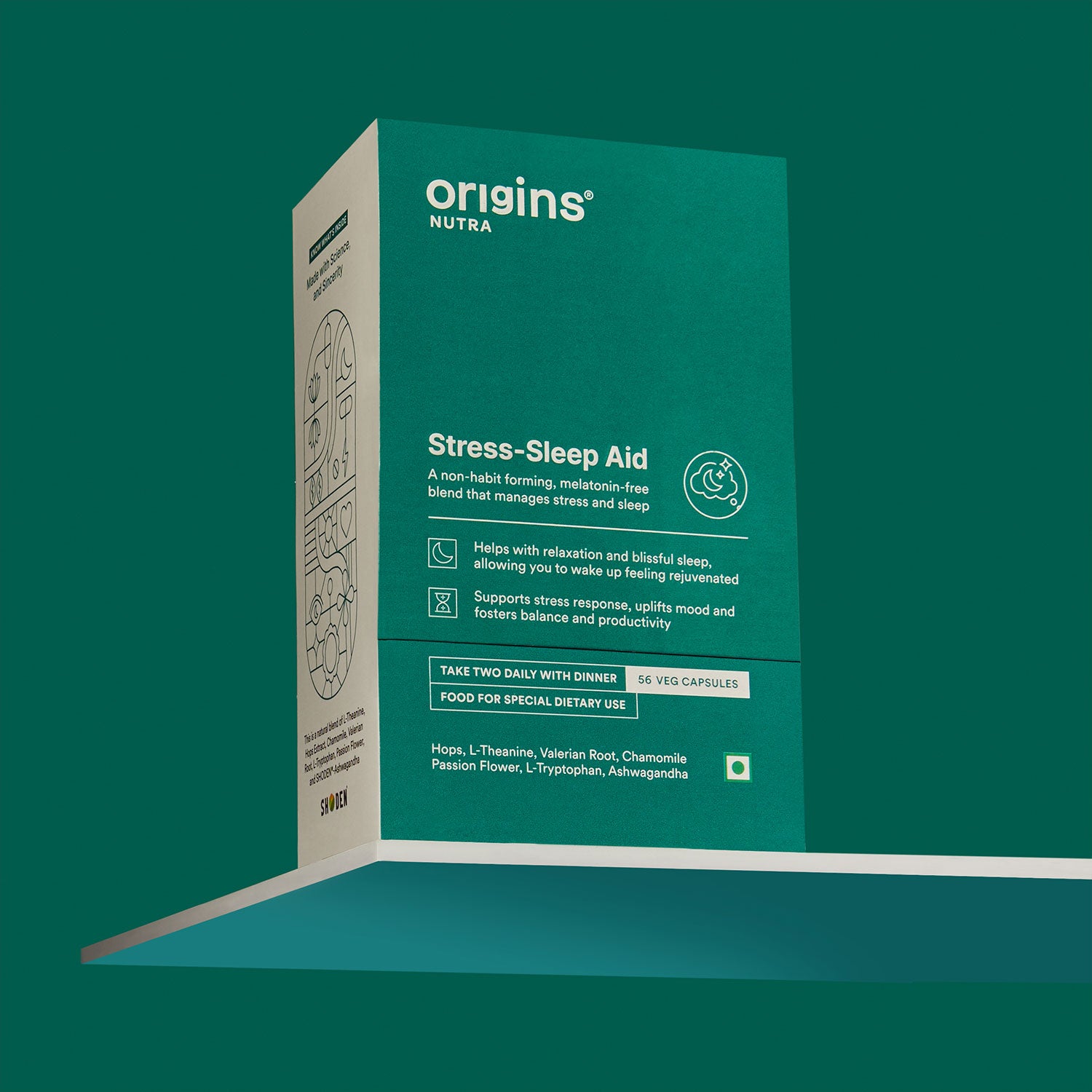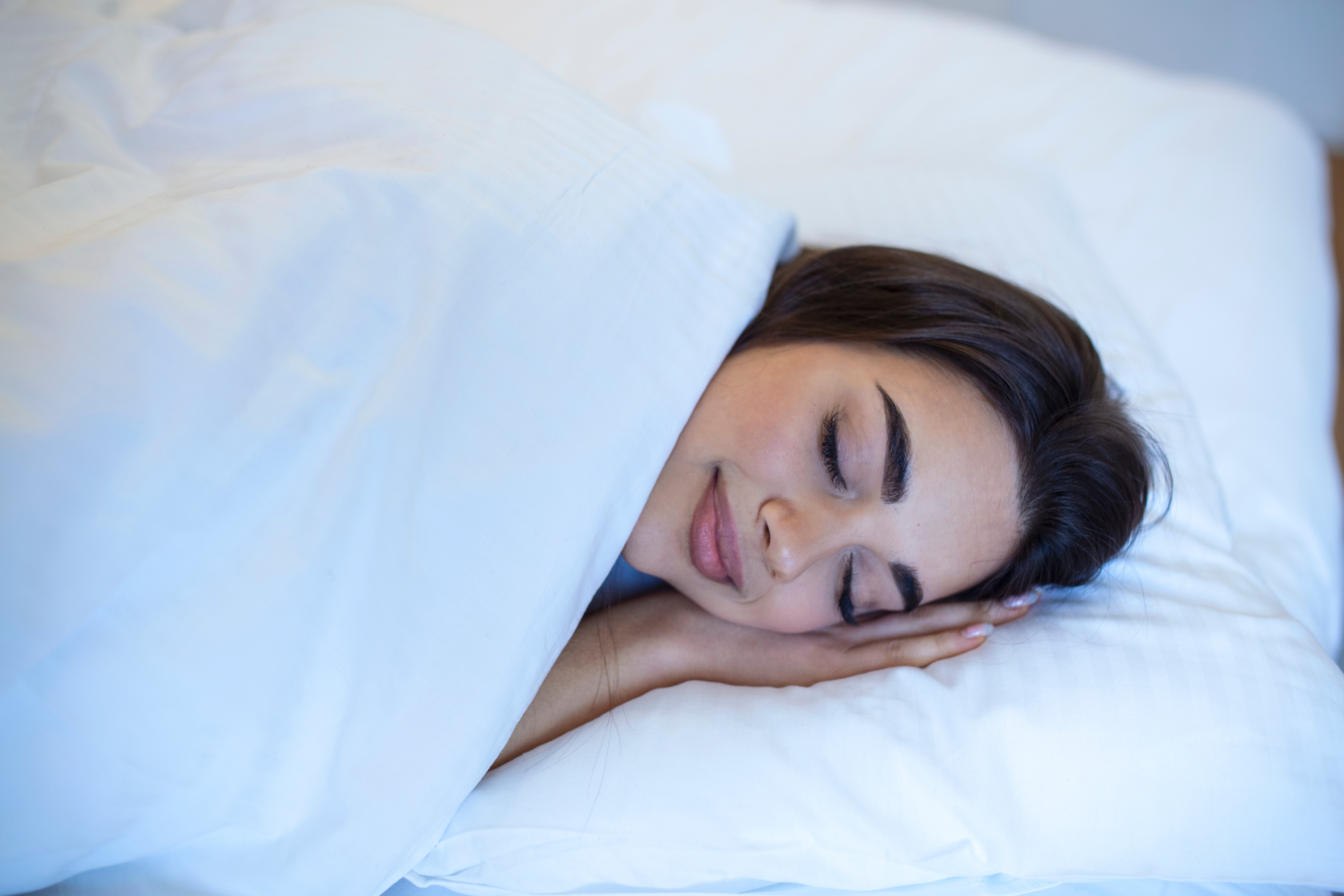Understanding the Relationship Between Stress and Sleep
In the hustle and bustle of modern life, two seemingly disparate elements often intertwine to shape our overall well-being: stress and sleep. While sleep provides a sanctuary for our bodies to rest and rejuvenate, stress can often disrupt this essential process, triggering a series of physical and mental consequences. So, let’s understand the complex connection between stress and sleep, figuring out how they affect our health and everyday life.
What actually sleep is?
Sleep is crucial for maintaining optimal health and well-being. It's a vital time for the body and mind to rest and restore. During sleep, essential processes like tissue repair, muscle growth, and immune system strengthening occur. Sleep also helps regulate mood, cognitive function, and emotional well-being. The circadian rhythm, controlled by melatonin, governs our sleep-wake cycle, ensuring a balance between rest and wakefulness. Quality sleep is essential for physical vitality, mental clarity, and emotional resilience.
Understanding stress:
Stress is both a physiological and psychological reaction to challenges or demands. It's often marked by emotional or physical tension and can stem from various sources like work pressure, relationship issues, or significant life changes. When faced with stressors, the body triggers the fight-or-flight response, releasing stress hormones such as cortisol and adrenaline. These hormones prepare the body for action by boosting heart rate, blood pressure, and alertness to deal with perceived threats. While short-term stress can be helpful, long-term exposure to stressors, known as chronic stress, can harm physical and mental health. Chronic stress is linked to a higher risk of cardiovascular diseases, weakened immune function, anxiety, depression, and disrupted sleep
Relationship between stress and sleep:
The connection between stress and sleep runs deep, influencing both our physical and mental health. Stress, whether short-term or long-term, can have a significant impact on the quality and duration of sleep. When we're stressed, our body's stress response system, including the hypothalamic-pituitary-adrenal (HPA) axis, kicks into gear, releasing hormones like cortisol and adrenaline. These hormones can disrupt our normal sleep patterns, making it harder to fall asleep and stay asleep.
On the flip side, when we don't get enough sleep or our sleep is disrupted, it can worsen our stress levels, creating a cycle of stress and sleep problems. Sleep deprivation affects our ability to handle stress, making it harder to think clearly and manage our emotions. It also affects our body's stress response system, leading to even higher cortisol levels and more stress.
The interplay between Cortisol and Melatonin:
Cortisol and melatonin play crucial roles in regulating our body's internal clock and managing stress levels.
- Cortisol, known as the "stress hormone," is produced by the adrenal glands.
- It regulates metabolism, immune response, and blood pressure.
- Cortisol levels peak in the morning, providing energy, and decline throughout the day, but chronic stress can disrupt this pattern, leading to fatigue, anxiety, and cognitive impairment.
- Melatonin, the "sleep hormone," is produced by the pineal gland in response to darkness.
- It regulates the sleep-wake cycle by increasing as daylight fades, signaling the body to prepare for sleep.
- Exposure to artificial light, particularly blue light from screens, can suppress melatonin production, leading to difficulties falling asleep and disrupting sleep quality; maintaining adequate melatonin levels is crucial for a healthy sleep pattern and overall well-being.
Despite their seemingly opposite functions, cortisol and melatonin actually have a significant relationship with each other.While cortisol is often linked to stress and keeping us awake, melatonin is responsible for promoting deep, restful sleep.
Cortisol and melatonin are like two dancers performing a delicate duet on a stage. When one takes the lead, the other gracefully steps back, maintaining a harmonious balance. As nighttime approaches, our cortisol levels naturally decrease, allowing melatonin levels to rise. This natural rhythm, known as the circadian rhythm, helps us maintain healthy sleep cycles. However, when this balance is disrupted, it can lead to difficulties in falling or staying asleep.
Tips to sleep better:
Maintaining a healthy lifestyle, managing stress effectively, and ensuring proper sleep hygiene are essential for supporting the optimal functioning of these hormones and promoting overall wellness. Here are some tips to sleep better which may help regulate the levels of cortisol and melatonin in our bodies, promoting better sleep.
Other Factors Influencing Stress and Sleep:
In addition to cortisol and melatonin, several other factors influence the complex relationship between stress and sleep. These include:
- Neurotransmitters: Chemical messengers in the brain, such as serotonin and gamma-aminobutyric acid (GABA), play a role in regulating mood, stress, and sleep. Imbalances in neurotransmitter levels can contribute to sleep disorders and mood disturbances.
- Circadian Rhythm: Our body's internal clock, circadian rhythm, helps regulate the timing of sleep and wakefulness. Disruptions to this rhythm, such as jet lag, blue light from electronic devices like smartphones or irregular sleep schedules, can impact sleep quality and contribute to stress.
- Lifestyle Factors: Diet, exercise, and daily lifestyle can affect both stress levels and sleep quality. Regular physical activity, some relaxation techniques, and a healthy lifestyle can help reduce stress and improve sleep quality.
Conclusion
In conclusion, the intricate relationship between stress and sleep underscores the importance of holistic well-being. Addressing stress and sleep disturbances collectively is essential for promoting optimal health and vitality. Implementing stress management techniques, fostering healthy sleep habits, right nutrition and seeking support when needed are pivotal steps in restoring balance to the mind and body. Additionally, incorporating stress and sleep aid supplements into a comprehensive wellness regimen may offer support in managing stress levels and promoting restful sleep.
References:
The Effect of Psychosocial Stress on Sleep: A Review of Polysomnographic Evidence - PMC


























